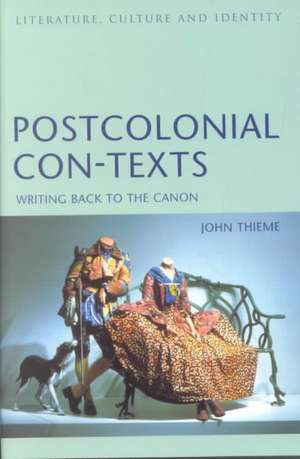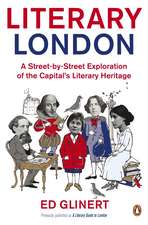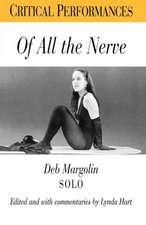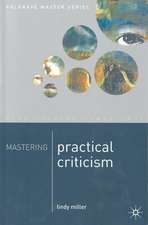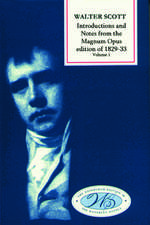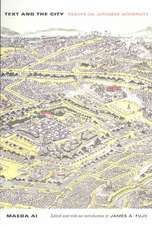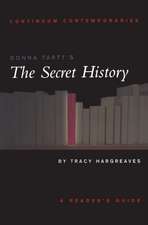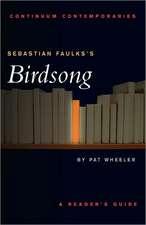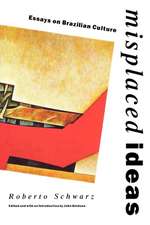Postcolonial Con-Texts: Writing Back to the Canon: Literature, Culture, and Identity
Autor John Thiemeen Limba Engleză Paperback – 28 feb 2002
Preț: 197.42 lei
Nou
Puncte Express: 296
Preț estimativ în valută:
37.78€ • 39.55$ • 31.26£
37.78€ • 39.55$ • 31.26£
Carte tipărită la comandă
Livrare economică 05-19 aprilie
Preluare comenzi: 021 569.72.76
Specificații
ISBN-13: 9780826454669
ISBN-10: 0826454666
Pagini: 208
Dimensiuni: 156 x 234 x 16 mm
Greutate: 0.32 kg
Ediția:New.
Editura: Bloomsbury Publishing
Colecția Continuum
Seria Literature, Culture, and Identity
Locul publicării:London, United Kingdom
ISBN-10: 0826454666
Pagini: 208
Dimensiuni: 156 x 234 x 16 mm
Greutate: 0.32 kg
Ediția:New.
Editura: Bloomsbury Publishing
Colecția Continuum
Seria Literature, Culture, and Identity
Locul publicării:London, United Kingdom
Cuprins
I: Introduction: Parents, Bastards and Orphans II: Conrad's Hopeless Binaries: Heart of Darkness and Post-Colonial Interior Journeys III: 'On England's Desert Island Cast Away': Protean Crusoes; Exiled Fridays IV: Reclaiming Ghosts, Claiming Ghosts: Caribbean and Canadian Responses to the Brontës V: Turned Upside Down? Dickens's Australia and Peter Carey's Jack Maggs VI: Encountering Other Selves: Re-Staging The Tempest VII: Removing the Black-Face: A Different Othello Music VIII: Conclusion: Narrative Agency in Pauline Melville's The Ventriloquists's Tale
Recenzii
"Postcolonial Con-texts addresses one of the most relevant and exciting issues of postcolonial discourse: the relationship between postcolonial writing and the English canon, providing a broad overview of how intertextuality works between colonial and postcolonial texts... ...The whole study...carries a complicated network of cross-references between the texts, skilfully handled by the author. Despite the huge and complicated material, Thieme keeps the structure of the study transparent by constantly reinforcing his thesis and looking back to his findings and conclusions. He writes in an easily apprehensible, eloquent scholarly style. The book contains a substantial bibliography, suggesting further reading material for scholars and students. I recommend this book to a professional readership of postcolonial scholars, critics, and students whose scope of research includes intertextuality or any of the texts (re)considered. Even those who have not immersed themselves in postcolonial studies will find it worth reading." HJEAS, 2005
